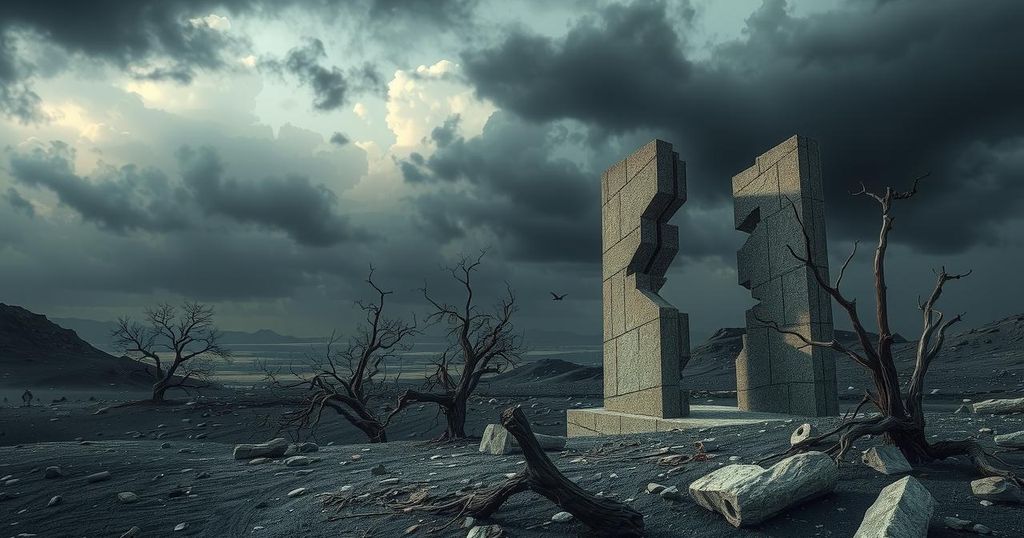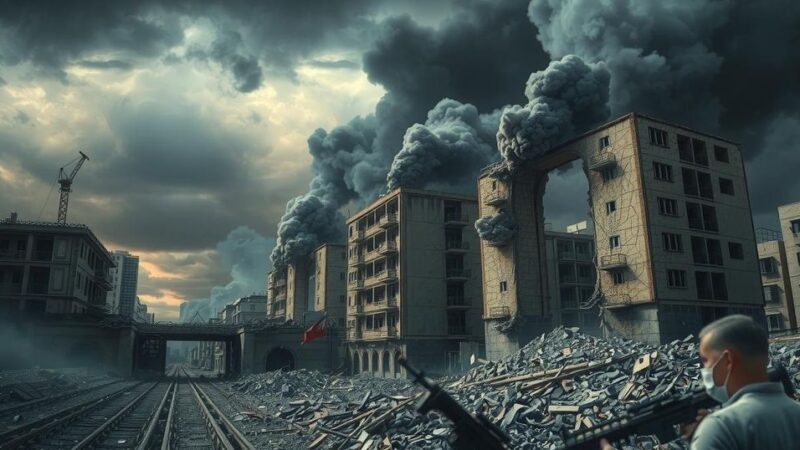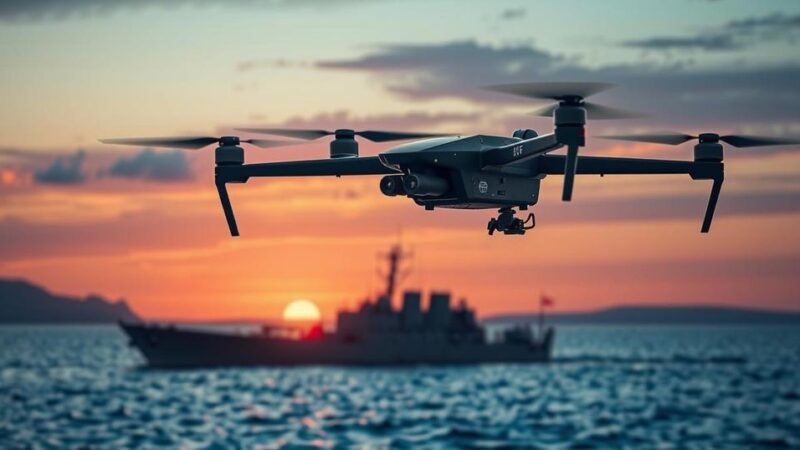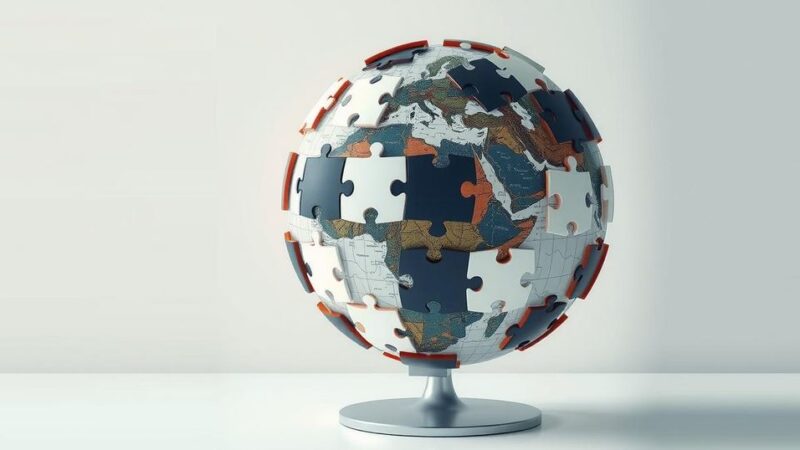The UN reports nearly 3,000 deaths in Goma, DR Congo, after a rebel takeover led by M23. A declared ceasefire appears ineffective as fighting continues. Ethnic tensions and competition for resources fuel the conflict, with accusations against Rwanda for supporting M23. The region faces a growing humanitarian crisis amid ongoing violence and rebel ambitions toward government control.
The United Nations has reported that nearly 3,000 people have been killed in Goma, a city in eastern Democratic Republic of Congo (DR Congo), following its capture by rebels. Vivian van de Perre, deputy head of the UN mission in DR Congo, indicated that around 2,000 corpses have been recovered from the streets, with an additional 900 bodies in the morgues. The situation remains dire, with many decomposing bodies still unaccounted for.
The rebel coalition, Alliance Fleuve Congo (AFC), which includes the M23 armed group, declared a ceasefire in response to the humanitarian crisis instigated by the DR Congo government. However, the DR Congo government dismissed this ceasefire as disingenuous, and reports of ongoing fighting have emerged, particularly in South Kivu province, raising concerns about the escalating violence.
The conflict is deeply rooted in ethnic tensions and disputes over valuable land and mineral resources, leading to one of the largest humanitarian crises worldwide. The United States and various UN experts have accused Rwanda of supporting the M23 group, which primarily comprises ethnic Tutsis. This claim is vehemently denied by Rwanda, whose president stated that their military would act to protect national security.
Since its resurgence in 2022, M23 has staged a renewed rebellion against the government and has gained control of significant territories in North Kivu, which is rich in minerals like coltan, vital for technological production. The situation is increasingly precarious, with rebel advances reported just 50 kilometers from Bukavu, a South Kivu capital.
UN authorities have expressed particular alarm over the fate of Kavumu airport in Bukavu, which is essential for civilian and humanitarian operations. Although the rebel coalition has stated that it does not intend to seize Bukavu, its operations have caused heightened unrest, with many displaced individuals fleeing from Goma to safer areas.
Rebel leaders have expressed ambitions to expand their territory, with explicit plans to advance toward the capital, Kinshasa. AFC spokesman Victor Tesongo indicated that they are working to establish a new administration in Goma and have plans to extend their control further.
Despite the Congolese government’s acknowledgment of the rebel presence, it has not confirmed a complete takeover of Goma. A new military governor has been appointed amid ongoing tensions, reflecting the precarious security situation. Van de Perre emphasized that Goma remains under effective occupation by M23 and warned of a potential escalation in violence, which has led to immense suffering for local civilians.
The ongoing conflict in the Democratic Republic of Congo stems from a complex web of ethnic strife, competition for resources, and systemic governance issues. The eastern region, particularly North Kivu, has been a focal point for various armed groups, perpetuating a cycle of violence and instability. The recent resurgence of M23 introduces additional volatility, threatening the fragile humanitarian situation and further complicating international relations, especially with neighboring Rwanda. The UN and other global organizations have been closely monitoring developments, underscoring the urgency of addressing the humanitarian crisis and achieving lasting peace in the region.
The situation in Goma, DR Congo, remains perilous after the deadly takeover by rebel forces, resulting in nearly 3,000 fatalities. The conflict is exacerbated by ongoing violence and territorial ambitions of the M23 group, which threatens regional stability. The response of the Congolese government, combined with international scrutiny, highlights the need for urgent humanitarian intervention and political resolution to mitigate further escalation and human suffering in this long-standing crisis.
Original Source: www.cnn.com






